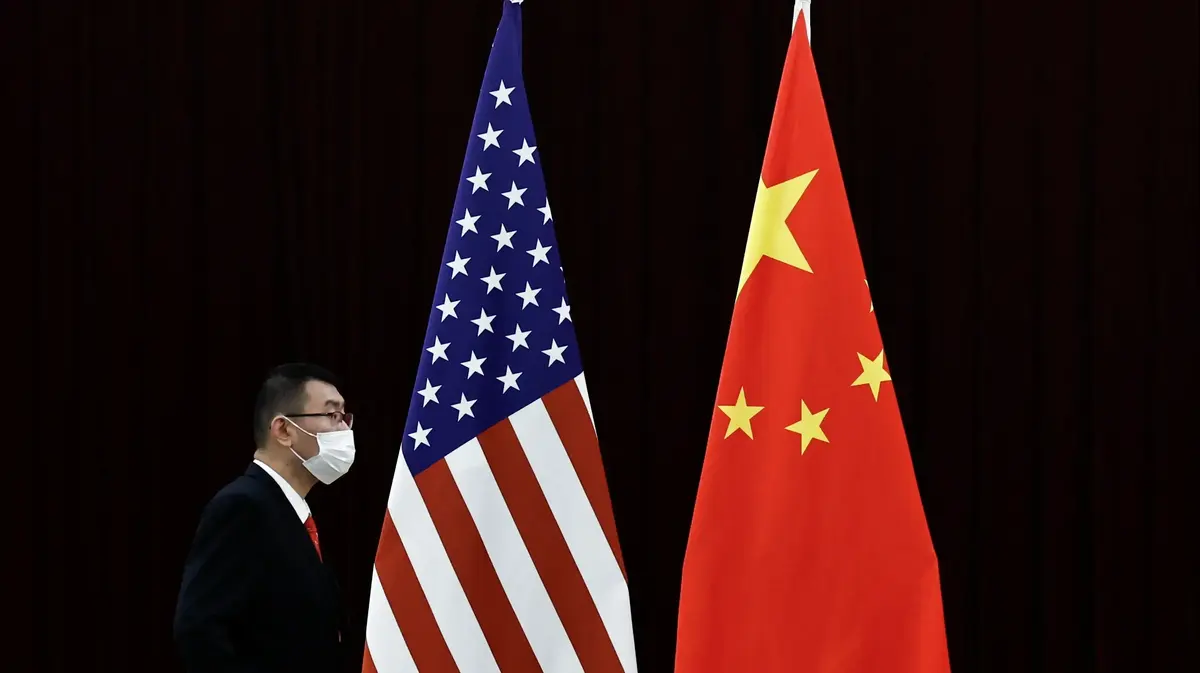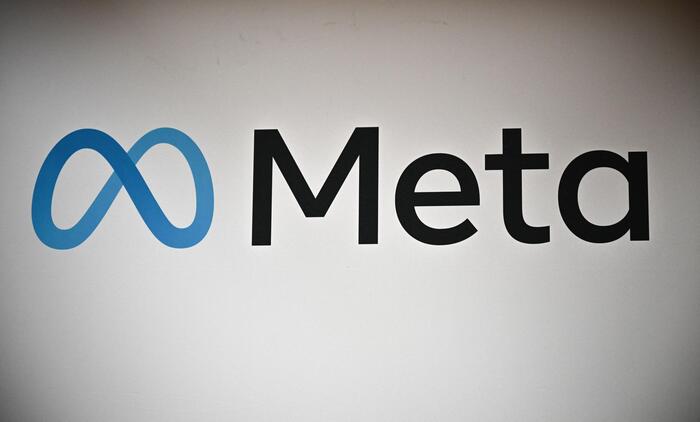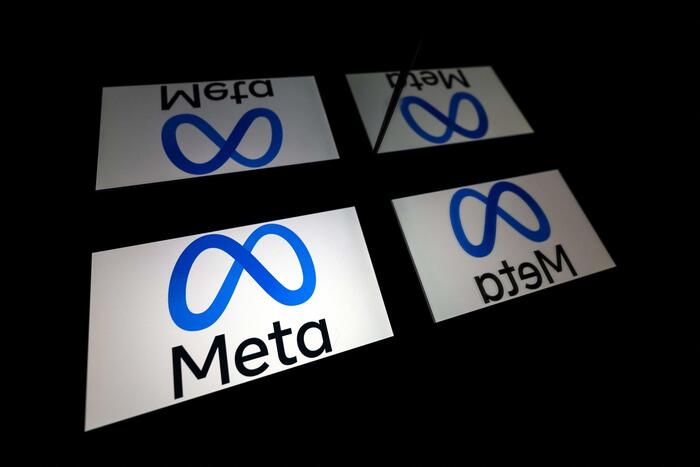The rapid evolution of new technologies means that, more and more frequently, it is practically impossible to distinguish whether content has been generated by a human being or by a machine.
Italy just banned the use of ChatGPT on the grounds that it does not comply with European data protection regulations, but the risks of these and other new generative technologies may be even more sophisticated.
Brussels wants to ensure that there is as little confusion as possible and, for this, it remembers that it seeks, among other things, that all content generated by artificial intelligence (AI) is, in a mandatory manner, duly warned.
More information
Why have we believed the photo of the Pope in the white coat?
"In everything that is generated by artificial intelligence, be it texts -everyone now knows ChatGPT- or images, there will be an obligation to notify that it has been created by artificial intelligence", said this Monday the Commissioner for the Internal Market, Thierry Breton, on the French radio station Franceinfo.
The senior European official recalled in this regard that the European Executive presented, almost exactly two years ago now, a proposal for a regulation on artificial intelligence that seeks to "provide AI developers, implementers and users with clear requirements and obligations in relation to the uses specific to AI”, as the Commission itself summarizes its proposal.
Breton, who has stressed that, if approved, the Europeans will be "the first" to propose legislation of this type, has expressed his hope that the text will be voted on and approved this month in the European Parliament, an essential requirement for it to move forward regulations and can be adopted by the Twenty-seven as soon as possible.
According to parliamentary sources, the European Parliament has on its agenda the presentation of the plan and its vote in plenary in the last week of April.
If this calendar is met, the objective of the French commissioner, responsible among others for increasing European technological sovereignty and the application of the rules to regulate this vast field, who wants the regulation to come into force in 2025, could be achieved.
Rapid advances in AI have long concerned Europe.
In fact, when Brussels presented the regulation proposal, in April 2021, the tools based on generative AI, capable of creating texts, images or music from a series of instructions that have reached its maximum expression —for now— with ChatGPT.
The European proposal for a regulation —legislation that is directly applied in the Twenty-seven, without the need to transpose it into national regulations— provides for four types of “risks”: at the top is the “unacceptable” and, therefore, prohibited, category which includes applications that allow, as in China, the so-called
social scoring
, the social scoring system that determines a person's credibility or reputation based on various factors, including data or online activity.
This is followed by “high risk”, where technologies such as the CV scanning tool to evaluate and rank job applicants or some medical applications enter, which must be subject to certain legal requirements.
A third category would be that of "AI with specific transparency obligations", which includes
impersonation
bots
such as ChatGPT (although without specific mention of it, which did not yet exist) and, finally, those with "minimal or non-existent” that will be allowed without any restriction.
Breton's reminder about the need to clearly warn that content has been generated by an AI applies to both the "high" risk category and the third, which calls for specific obligations (both categories are not mutually exclusive, stresses the Commission). ).
Specifically, the technologies that fall into these categories must notify users that they are interacting with an AI system, unless it is something obvious, as well as if emotional recognition systems or biometric categorization are applied to them.
In addition, the so-called
deep fakes
(content that imitates the voice or appearance of a person) must have a label informing them.
The latest example of how easy it is to fool half the world (or more) with AI-created content occurred this weekend, when a photo of Pope Francis dressed in a white Balenciaga puffer coat, which It turned out to be a
deep fake
made with the generative artificial intelligence tool Midjourney.
Its creator is a 31-year-old Chicago construction worker who, he told BuzzFeed, was just looking to "have fun making psychedelic art."
Shortly before, last week, the alarm arose from the very generators of this type of technology and content: more than a thousand top-level businessmen, intellectuals, and researchers related to generative AI signed an open letter requesting a moratorium six months in the development of this technology to reconsider its consequences.
Among the signatories is Elon Musk, owner of Twitter, but also founder of OpenAI, the company that has developed ChatGPT.
You can follow
EL PAÍS Tecnología
on
and
or sign up here to receive our
weekly newsletter
.

/cloudfront-eu-central-1.images.arcpublishing.com/prisa/QTOYNCSJIIB7GPPJM6DGJUHI4U.jpg)



/cloudfront-eu-central-1.images.arcpublishing.com/prisa/KZKXCBLQPFGKBBIPCE5FNBV6L4.jpg)
/cloudfront-eu-central-1.images.arcpublishing.com/prisa/6WXBDHP36LUSCU24WPM6SPSFEE.jpg)

